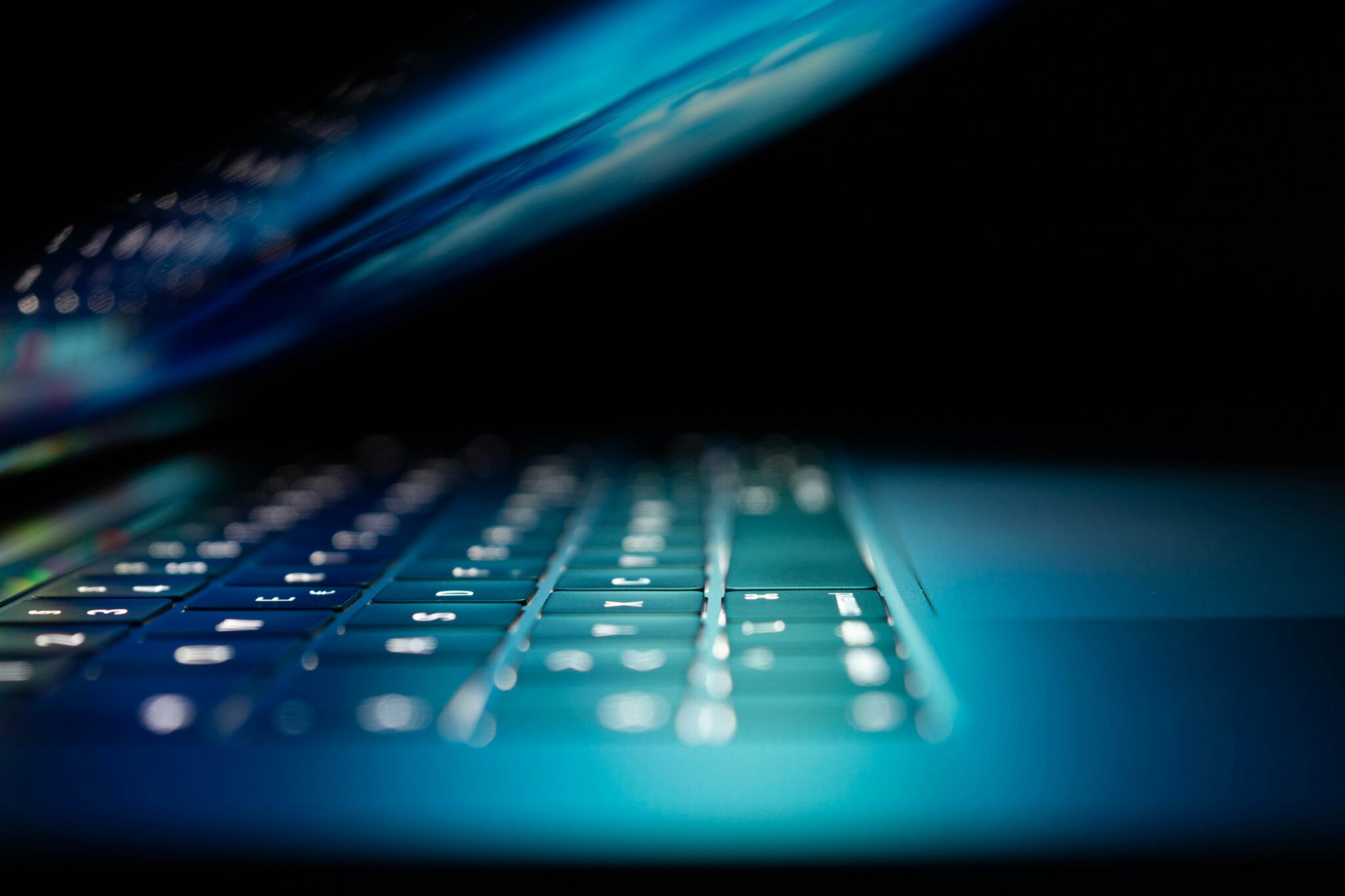Blockchain technology brings remarkable, fresh possibilities to the world. It has been adapted by the financial industry to create electronic decentralised transactions, amongst which Bitcoin. But it may also influence other industries that can benefit from record and transactional data keeping: legal, charity, the military, intellectual property, healthcare, music or entertainment.
- Almost every industry or system has at least one issue that blockchain can solve.
- Public records can be perfectly integrated with blockchain
- Digital identity can be securely confirmed
- Private records can be safely stored
- Physical asset keys can be encoded as digital assets for controlled access to homes, rental or private cars or hotel rooms
- Abstract assets (copyrights, domain names, reservations, trademarks) can be further protected and assigned.
Blockchain applications in eHealth
Because the healthcare industry is changing at a fast pace, it has already started to use blockchain technology to store and secure healthcare data. A good example is Bithealth. Data is distributed across the Globe using peer-to-peer file sharing similar to Bittorrent. Having encrypted information, patients make use of Bithealth for data security, doctors for medical records restoration, hospitals for medical history retrieving, and Bitcoin for payments, all of them being approved by digital signatures.
Using blockchain applications, health status updates can be time-stamped and, consequently, doctors can be notified in due time about any changes that might have occurred in a person’s health condition. The encryption and comprehensive health data properly secures patients’ identity. It delivers health recommendations to the anonymous patient using encrypted health advice and indications. Medical records can be fully shared, secured and encrypted, solving two major issues in healthcare: privacy and sharing, identity and ownership.
In the last couple of years, the healthcare industry developed innovative models with special attention to preventative healthcare, such as ACO (Accountable Care Organisations), a group of hospitals, doctors and healthcare providers who voluntarily give coordinated care of patients. The healthcare industry has also unveiled new technology in EHR (Electronic Health Records) space that can lower the cost of care and data, and large companies added their own touch, AppleHealth, the mobile health app being a good example.
There are advantages of using blockchain: Proof of Existence (offering tips for solving future issues), on-line interviews with doctors/nurses/specialists, health rewards, patient plans, DNA sequencing to track the roots of illnesses.
Hospitals can strongly benefit from having a synchronized Hospital network, with global coverage, so that every time a patient is admitted, everyone in the network knows and an update is sent to all the copies of the ledger. The end goal is to make healthcare services much more accessible around the world, self-sufficient for people/patients to gain more control and trust over health-related services.
Entertainment and media will leverage blockchain
Entertainment – another industry that has great potential for disruption through blockchain applications. By incorporating the decentralized framework, Mek Entertainment and Oculus VR Game have figured out how to create a virtual reality for players to find an in-game currency for trading, a land ownership or a decentralised auction house.
With blockchain there can be secured player-to-player in-game or cross game communications, transfer information and assets between (different types of) games. In the same gaming area, we should be mentioning Deckbound, the competitive digital collectible trading card games. Each card has a unique identity, it exists as a transaction on the blockchain, offering the possibility to be freely traded and exchanged on the open market.
There are many projects in progress in the entertainment industry, like Bitshares music, one of the most inspiring ventures being developed. The platform aims to bring together songwriters, singers or bands and users through active interactions, live and recording experiences that can be processed and verified by blockchain activity. And most importantly,it can reward both parties through shareholding: artists could share their music and fans could promote and support artists’ music.
By using PeerTrack’s music talents can be revealed, songwriters and fans can interact using blockchain, thus eliminating the intermediaries using peer-to-peer tech of Bitshares music. Digital music can be available everywhere, anytime and on all platforms and can naturally match everyone’s needs.
Moreover, blockchain applications could be a perfect solution in digital agreements (through its Smart Contracts component) as a definite business transaction. Smart Contracts will automatically execute the terms of an agreement and, eventually, will replace business managers, attorneys or accounting records that a band or an artist may have in present. They are fully automated, data-driven, verifiable and securely stored in the blockchain.
Blockchain could and should become THE ultimate world-changing invention. For those willing to experiment the power of this decentralised technology, blockchain will change everything, becoming reality’s revolutionary supercomputer.




